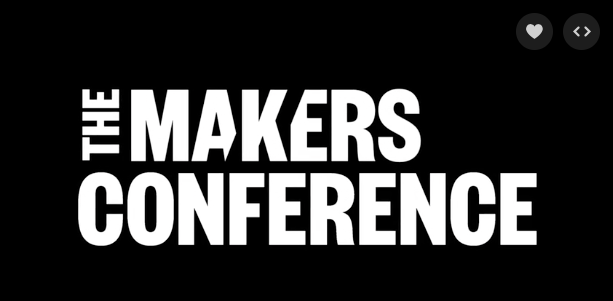SEATTLE, June 8, 2017 / PRNewswire/ — The Paid Leave Project today released a comprehensive Playbook that helps companies build a business case for offering paid family and medical leave to all employees. The Paid Leave Project is a new initiative from Panorama, a non-profit action tank working to solve global problems through audacious thinking and bold action.
The Playbook is based on research by Panorama and The Boston Consulting Group, which reviewed the paid leave policies of more than 250 companies and interviewed 25 human resource leaders at large organizations. The Playbook makes a complicated topic easier to grasp, breaking down common misperceptions about paid leave. “The Playbook addresses one common myth employers face, that offering paid leave benefits costs companies too much money. Our research demonstrates otherwise,” said Angela Romei, director of Panorama’s Paid Leave Project. “This is good news for employers and employees.” Using the Playbook, a company can:
- Learn about paid family and medical leave in the United States: what it is, how it works, and what other companies are doing.
- Assess its own approach to paid leave, evaluate the business benefits and estimate potential costs.
- Design paid leave benefits, including employee coverage, leave duration, pay and program structure.
- Craft a winning case that will persuade internal decision-makers and senior leadership.
- Implement a paid leave program, from announcement to roll-out.
- Take advantage of a library of downloadable resources, including tools to help calculate costs and savings, case studies, FAQs and expert research.
New Playbook helps companies build business case for paid leave programs
Many companies provide no more than the unpaid leave required by the Family Medical Leave Act. The goal of The Paid Leave Project is to increase access to quality paid family and medical leave in the U.S., and a comprehensive Playbook is one way to help. Panorama is working directly with companies to help them build a business case for paid leave programs that enable them to stay ahead of their competition and attract and retain the best employees.
Continue to the full article





